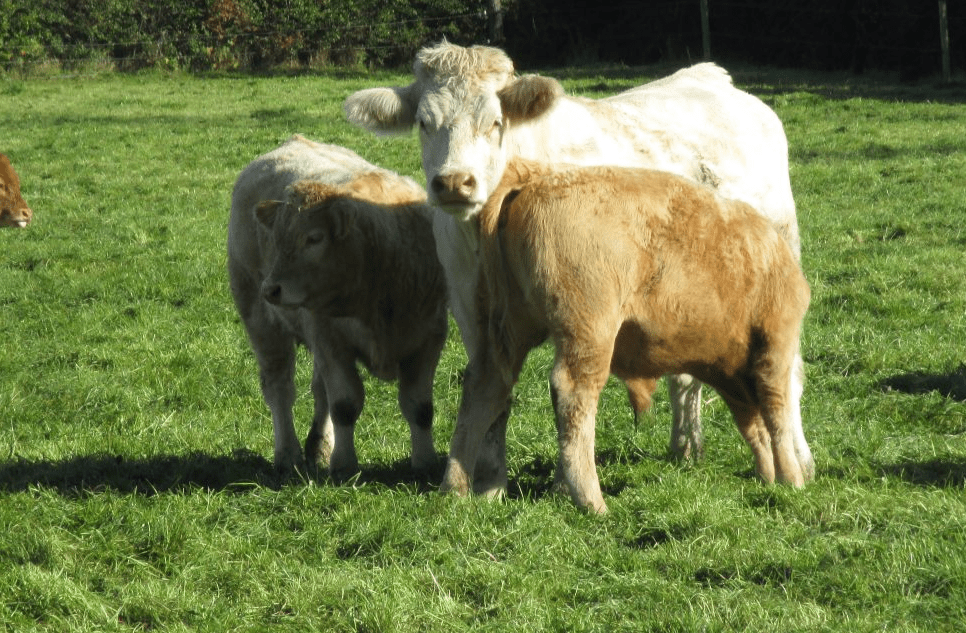The publication of a new Code of Good Practice on the Responsible Prescribing and Use of Antibiotics in Farm Animals has been welcomed by the Animal and Plant Health Association (APHA).
APHA has said the announcement comes as ‘a significant development in protecting the effectiveness of antibiotics in both human and animal healthcare’.
The Code of Good Practice was developed by the Irish Farmers’ Association (IFA), the Irish Creamery Milk Suppliers’ Association (ICMSA) and Veterinary Ireland with the support of stakeholders in the agri-food sector including APHA.
It sets out clear guidelines for responsible use and prescribing of antibiotics in farm animals.
Antimicrobial resistance
The new code is an important part of the response to the global challenge of increasing antimicrobial resistance (or ‘AMR’) which is limiting the effectiveness of antibiotic treatments of disease in animals and humans.
The new code is based on the guiding principal in the use of antibiotics: ‘use as little as possible, and as much as necessary.’
It stresses that medicines must not be used as a substitute for good farm management including optimum ventilation, appropriate stocking densities, good nutrition, hygiene, vaccination against disease and parasite control.
The survey revealed that 92% of farmers surveyed see an immediate need for greater awareness of AMR and 76% have a herd health management plan in place.
The new Code of Good Practice sets out key questions that farmers and their vets should answer when using antibiotics. These are based on the principle of the ‘Six Rights’ that should apply before prescribing and using antibiotics in farm animals.
- Right veterinary diagnosis;
- Right animal;
- Right antibiotic;
- Right dose;
- Right duration;
- Right disposal.
The code also highlights Critically Important Antibiotics (or CIAs) which are considered critically important in the treatment of disease in humans as they are the antibiotics of last resort to treat disease when other antibiotics have failed.
The code states that High Priority Critically Important Antibiotics (or HPCIAs) should not be used as a first line of treatment in animals and they should only be used following veterinary advice, when there is no effective alternative available.
The code contains advice on best practice in managing the storage and disposal of antibiotics, withdrawal periods and record keeping related to antibiotic prescription and use in treating disease in farm animals.
Farm organisations’ reactions
Welcoming the new Code of Good Farm Practice, Pat Farrell, chairman of the IFA’s Animal Health Committee said: “Significant investments are being made by farmers in herd health plans and vaccination programmes to achieve this.
“The new Code of Practice provides further welcome guidance to farmers and vets in this critical area.”
Commenting, Lorcan McCabe of the ICMSA, said: “Managing herd health is critical to all farmers. This new code provides welcome guidance on the proper and effective use of antibiotics which has gained further importance with increasing AMR.
“Farmers and their vets need to continually review and ask themselves the questions set out in the code, particularly around the ‘Six Rights’.”
Conor Geraghty of Veterinary Ireland said: “The new Code of Good Practice on the correct use of antibiotics should broaden understanding and acceptance of the importance of effective management of herd health.
“It emphasises how important the careful use of antibiotics is, not just for animal health, but for human health also.”
The new Code of Good Practice will be launched later today at the One Health event, an awareness raising initiative on AMR jointly hosted by the Department of Agriculture, Food and the Marine and the Department of Health and is taking place at the National Convention Centre.
Copies of the new code will be available from the IFA, ICMSA, Veterinary Ireland and APHA.
